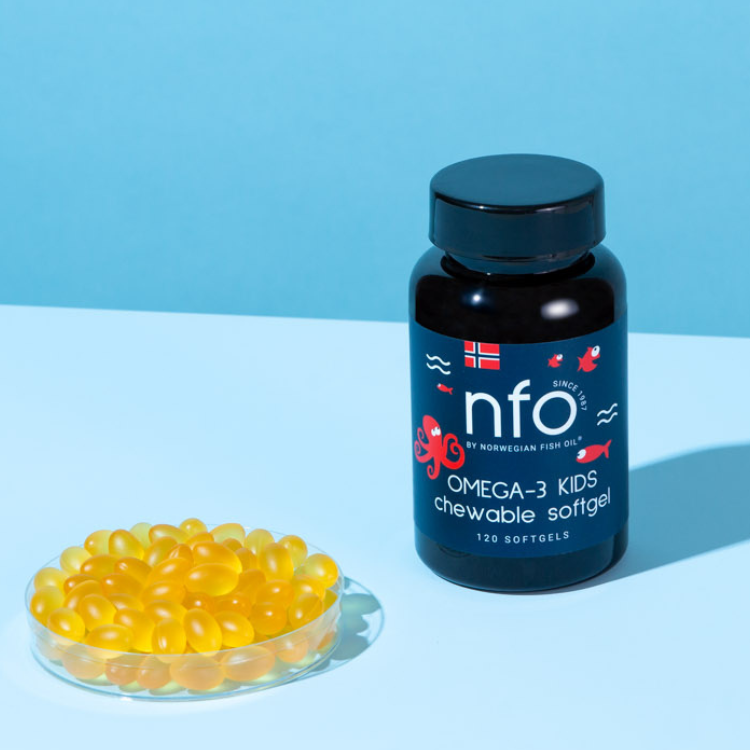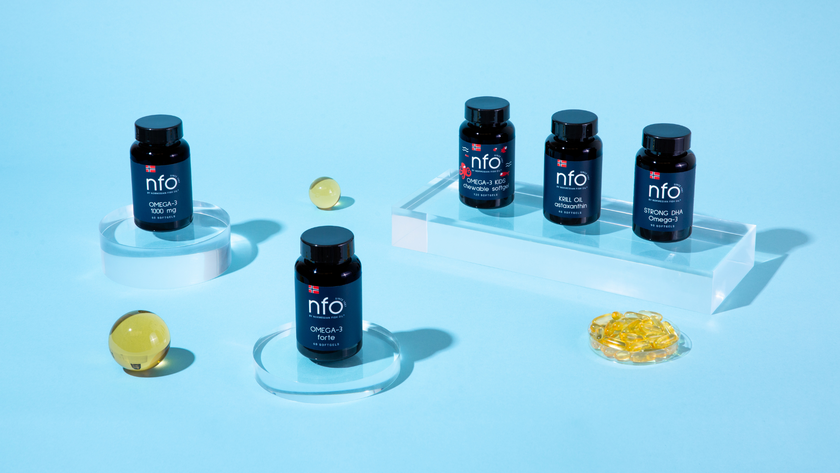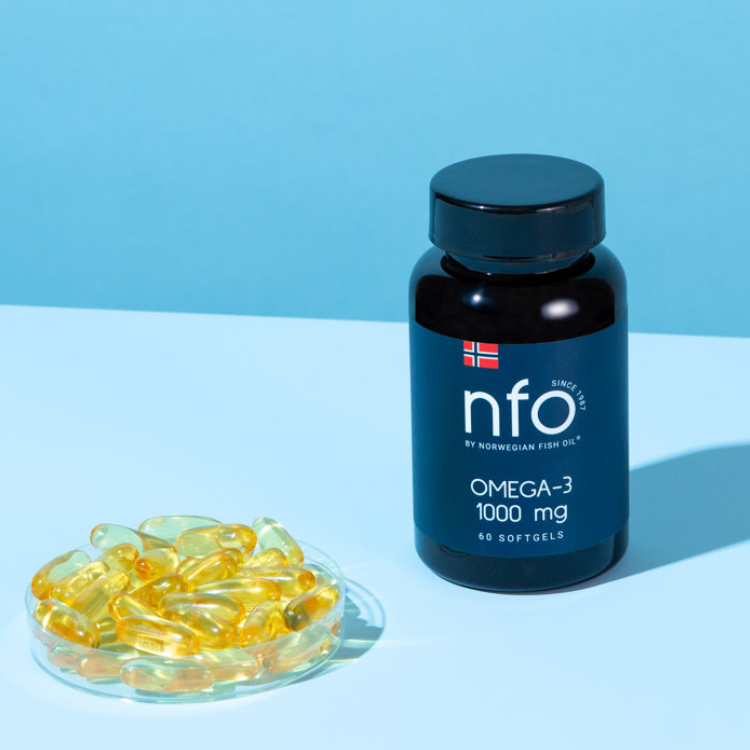ينشأ ألم المفاصل لأسباب متعددة، بما في ذلك التهاب المفاصل (الفصال العظمي والتهاب المفاصل الروماتويدي)، والإصابات، والتآكل المرتبط بالعمر (NIAMS، 2016). يُعدّ الفصال العظمي، الذي يتسم بتدهور الغضاريف، الشكل الأكثر شيوعًا، إذ يُصيب أكثر من 32.5 مليون بالغ في الولايات المتحدة وحدها (CDC، 2017).
غالبًا ما يتطلب علاج آلام المفاصل تناول الأدوية والعلاج الطبيعي وتغيير نمط الحياة. ومع ذلك، يزداد استخدام المكملات الغذائية كخيارات تكميلية نظرًا لفوائدها المحتملة وآثارها الجانبية الأقل مقارنةً بالعلاجات التقليدية.
المكملات الغذائية الرئيسية لتخفيف آلام المفاصل
1. الجلوكوزامين والكوندرويتين
يُعدّ الجلوكوزامين والكوندرويتين من أكثر المكملات الغذائية بحثًا لصحة المفاصل. الجلوكوزامين مركب طبيعي موجود في الغضروف، بينما الكوندرويتين مكون هيكلي للغضروف يساعد على الاحتفاظ بالماء والحفاظ على مرونته.
الفعالية: تشير الدراسات إلى أن كبريتات الجلوكوزامين يمكن أن تُخفف آلام المفاصل وتُحسّن الحركة لدى الأشخاص المصابين بهشاشة العظام (هيريرو-بومونت وآخرون، ٢٠٠٧). وقد أظهر الكوندرويتين فعالية متوسطة في إبطاء تحلل الغضاريف وتخفيف الألم (سينغ وآخرون، ٢٠١٥).
السلامة: كلا المكملين آمنان بشكل عام، مع وجود آثار جانبية خفيفة مثل عدم الراحة في الجهاز الهضمي (Henrotin et al.، 2013).
2. أحماض أوميغا 3 الدهنية (زيت السمك)
الأحماض الدهنية أوميغا 3، الموجودة في زيت السمك، لها خصائص مضادة للالتهابات مفيدة لتقليل آلام المفاصل، وخاصة في التهاب المفاصل الروماتويدي.
الفعالية: أشارت إحدى المراجعات إلى أن مكملات الزيت البحري تقلل الألم وتحسن وظيفة المفاصل (Semftleber et al.، 2017).
السلامة: يتم تحمل مكملات أوميغا 3 بشكل جيد، على الرغم من أن الجرعات العالية قد تزيد من خطر النزيف (إريكسن وآخرون، 2014).
3. الكركمين (مستخلص الكركم)
الكركمين، المركب النشط في الكركم، معروف بخصائصه المضادة للالتهابات ومضادات الأكسدة.
الفعالية: أثبتت التجارب السريرية فعالية الكركمين في تقليل آلام المفاصل وتيبسها في مرض هشاشة العظام (Daily et al.، 2016).
السلامة: يعتبر الكركمين آمنًا بشكل عام ولكنه قد يسبب مشاكل هضمية خفيفة بجرعات عالية.
4. ميثيل سلفونيل ميثان (MSM)
MSM هو مركب يحتوي على الكبريت والذي يدعم صحة المفاصل عن طريق تقليل الالتهاب والإجهاد التأكسدي.
الفعالية: تشير الأبحاث إلى أن مكملات MSM يمكن أن تخفف الألم وتحسن الوظيفة الجسدية في هشاشة العظام في الركبة (Debbi et al.، 2011).
السلامة: يعتبر MSM آمنًا، مع الإبلاغ عن آثار جانبية ضئيلة.
5. S-أدينوسيل ميثيونين (SAMe)
SAMe هو مركب يتم إنتاجه بشكل طبيعي في الجسم، ويشارك في إنتاج الغضاريف وإصلاحها.
الفعالية: أظهرت الدراسات أن SAMe فعال مثل الأدوية المضادة للالتهابات غير الستيرويدية (NSAIDs) في تقليل الألم وتحسين الوظيفة (Najm et al.، 2004).
السلامة: يعتبر SAMe جيد التحمل ولكن قد يتفاعل مع مضادات الاكتئاب.
6. المكملات العشبية
المكملات العشبية مثل مخلب الشيطان والبوسويليا هي علاجات تقليدية لآلام المفاصل.
مخلب الشيطان: تشير الدراسات إلى فعاليته في تقليل الألم وتحسين الوظيفة في هشاشة العظام (Brien et al.، 2006).
اللبان الذكر: معروف بتأثيراته المضادة للالتهابات، وقد أظهر اللبان الذكر نتائج واعدة في تخفيف آلام المفاصل (كاميرون وآخرون، 2014).
العوامل التي يجب مراعاتها عند اختيار المكملات الغذائية
- الفعالية والأدلة: اختر المكملات الغذائية المدعومة بدراسات سريرية قوية.
- الملف الأمني: تأكد من أن المكمل الغذائي له آثار جانبية قليلة ولا يتفاعل بشكل كبير مع الأدوية الأخرى.
- الجرعة والجودة: اتبع الجرعات الموصى بها واختر منتجات عالية الجودة تم اختبارها بواسطة جهة خارجية.
- الحالات الصحية الأساسية: استشر أخصائي الرعاية الصحية لمعالجة أي مشاكل صحية محددة.
حدود المكملات الغذائية
رغم فوائد المكملات الغذائية، إلا أنها ليست علاجًا لآلام المفاصل. تختلف فعاليتها من شخص لآخر، وتكون أكثر فعالية عند دمجها مع علاجات أخرى، مثل التمارين الرياضية والعلاج الطبيعي. إضافةً إلى ذلك، يُثير نقص التنظيم في صناعة المكملات الغذائية مخاوف بشأن جودة المنتج وأصالته.









